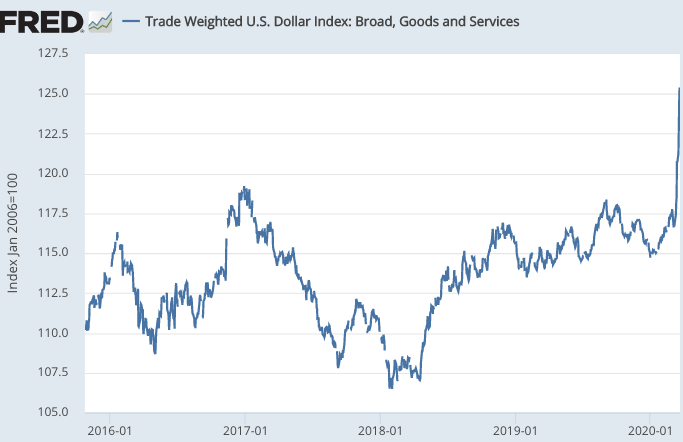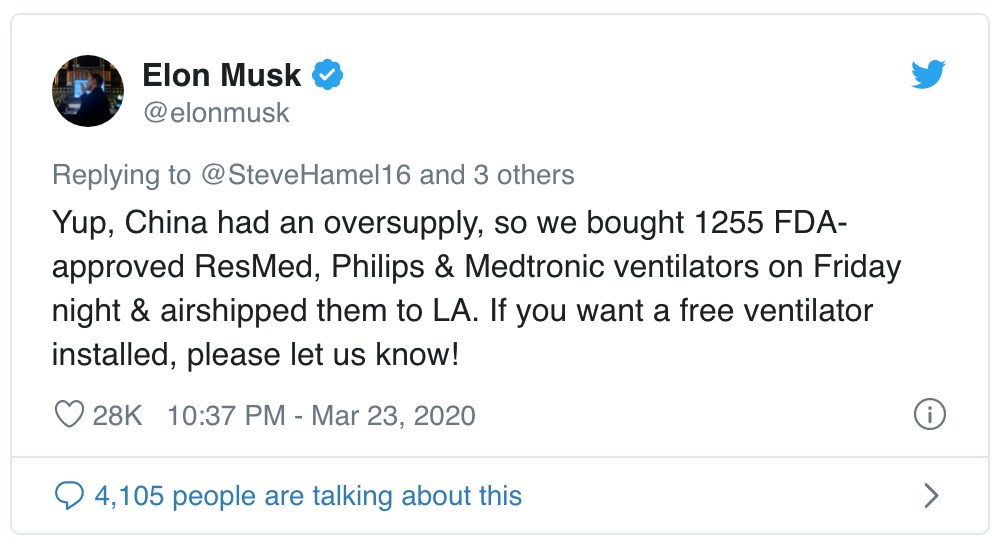There are no mask opponents in a foxhole
On March 1st, I asked why masks don’t help average people. In the comment section, I was shot down by people who assured me that masks are not appropriate for the general public.
If the NYT represents the conventional wisdom, then I think it’s fair to say that the tide is turning on this question:
More Americans Should Probably Wear Masks for Protection
Experts have started to question whether masks may offer at least some protection to healthy individuals and essential workers.
“Started to question”? I started to question 4 weeks ago.
I’d also like to get something else off my chest. Please remember that observations are not predictions and also that observations are not endorsements. If I observe a surprisingly low death rate in Japan, or Germany, or China, or Taiwan, or anywhere else, it is not an endorsement of their public policies. How could it be, given that these countries pursued radically different policies (with tight controls in China and more laissez-faire in Japan.)
Nor are observations equivalent to predictions of the future course of the epidemic. South Korea, Iran, and Italy all had the epidemic under control in mid-February. In all three countries the epidemic was out of control by the end of February. I have no crystal ball.
I still think some of my observations (such as the mortality gap between southern and northern Europe) are interesting, and I’ve noticed other people discussing the same data points.
If I talk about the data from a particular country, it does not mean I believe the data is accurate; rather that it’s accurate enough to make my point. I’m sure that both Italy and South Korea have missed a number of cases, but the data is accurate enough to see that South Korea has been doing much better than Italy in recent weeks.
If I harshly criticize the new fiscal stimulus, that does not mean I would have voted against it. While it contains many objectionable components, such as $1200 checks to people who are still employed and corporate bailouts, it also has good features such as improved unemployment insurance and a Treasury backstop for the Fed. I probably would have held my nose and voted for it.
If I say that I’m not convinced that warm weather will solve the problem, it doesn’t mean I don’t believe that warm weather will help moderate the problem.
When a pundit says that a huge number of people would die if no precautions are taken, it doesn’t mean he’s prediction a huge number of people will actually die.



